Financial literacy is the study of money and understanding the different ways that need to adopt to run the various aspects of life.
From making investments and finding strategic ways to save money, finance as a study has always remained significant in a person’s personal and professional life.
If a scholar has the grit to study the subject from a very young age, there is no iota of doubt of having a very bright future ahead. It’s assumed that finance, like mathematics, can never go out of demand. It is always one of the most sought-after jobs provided one is extremely good at it.
A study in finance boosts becoming independent and self-reliant. Students empower themselves with the basic knowledge of investment. The study explains the open options in the financial market, the provisions for capital budgeting, and understanding any chance of money fraudulence.
It is Always Advisable to be Financially Literate
A student at a younger age is most likely to raise the question: What is the importance of financial literacy as a student?
Financial knowledge acts as a boost for improving the financial capability of anyone using it. Students must remain acquainted with how money needs to manage and stay penny-wise in spending in the current economic scenario.
Using the knowledge in the subject —both at home and in school reduces the economic impact in the long run. And, the study is essentially helpful at a time when the long-term recession.
And if chosen as a course, financial education is likely to provide higher levels of debt correction recourse in the long run. It gives space to understand the difference between the value and price of a commodity, And the role the two pay in determining a business decision in the long run. The two together create value and help understand future trends based on it.
Financial literacy works on three essential elements: The significance of budgeting, the investments made in the borrowings and taxation, and the study of personal financial management.
What Career Outlook Can a Financial Literacy Scholar Look For?
Banking and finance remain the most fetched careers in studying finances, However, banking followed by advanced courses in financial literacy opens the door for better placements like banking, brokering, consultant, fund managers, insurance, and investment bankers.
This study allows room for more preparedness for the everyday economic challenges in life and how they need to be tackled in different scenarios.
To study the course, besides availing assignment help online, there are also other ways of staying tuned to the day-to-day developments in this career.
Some of The Ways To Improve Studying Financial Literacy Are
Look out for financial newsletters that the companies roll out quarterly, six-monthly, and annually regarding their investments in trusted companies.
Registering to the time slots that relay financial podcasts could be another good way to connect with the international developments.
Groups have been working actively together on social media forums, where students can tune in for updates.
It is advisable to maintain a budget when studying finances and managing them. Similarly, it is continuously heading towards the North, indicating growth. Likewise, it is also one of the most innovative and fastest ways to learn finances when young.
I am having an interactive base with qualified professionals who also provide finance assignment help. Financial literacy remains important for prolonged financial stability.
Long Term Benefits of Studying Financial Literacy
Some real-world facts have been compiled in a gist here to indicate the economic importance of attaining financial literacy, Likewise, Americans are the highest users of credit cards, and with each individual having at least four of them. About 180 million Americans have credit cards.
The student loan debt, post-pandemic, has gone up phenomenally. Its affecting university functioning, And it accounts for more than $1.5 trillion for more than 44 million student borrowers.
Overall debt figures in the USA stand approximately $12.58 trillion in debt, significantly the whole scenario reflects, And how much financial literacy remains essential in this country in today’s economic system.
Not everyone, even with a detailed study in it is an efficient financial planner. However, being financially literate is almost a quality present in the individual’s DNA. Besides, acquiring financial knowledge gained through financial literacy. The skills allow the individual to improve their standard of living through increased financial stability.
Some of the Benefits of Financial Literacy Remain as Follows:
- Capability to make sound financial decisions
- Money and financial planning that works
- more capable of measuring business objectives
- Expense reduction through careful considerations
- Reduced economic stress and anxiety
- Enhanced ethical decisions are used while purchasing insurance plans, borrowing money, and making investments.
- A structured budget can be adequate if created effectively.
The ultimate aim behind financial literacy remains financial solidity that helps reduce anxiety and help achieve better financial goals.
Conclusion
Financially literate consumers have the ability and the will to manage money with more confidence. They have a better chance of handling the inevitable financial instabilities. Financial literate consumers save diligently for rainy days and things that matter most in promoting happiness.





















